COP21: Paris climate change talks far more positive than Copenhagen - but expectations must be limited
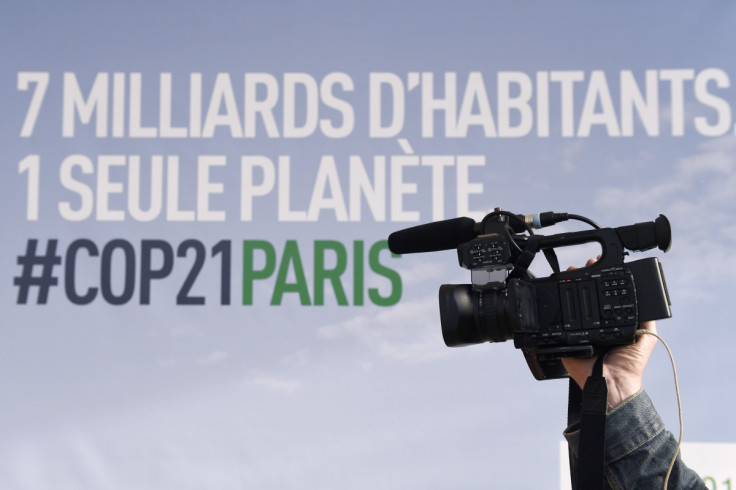
World leaders across the globe are preparing to gather in Paris for COP21. Their goal is to reach an agreement on how to reduce greenhouse gas emissions - ideally so global temperatures do not exceed 2C by the end of the century. All good news on paper - but while cautious optimism is warranted, it is important to limit expectations, a leading climate scientist has said.
Michael Mann, distinguished professor and director of the Earth System Science Centre at Pennsylvania State University, spoke to IBTimes UK ahead of the meeting in Paris. "I think it's very unlikely we will come out of Paris with a deal that will get us all the way where we need to be, which most scientists in the field recognise - any more than 2C warming would constitute dangerous interference with the climate."
In Copenhagen in 2009, climate negotiations famously failed, with no global agreement on climate change. The reasons for the failure were complex, with various political and economic issues blighting its success. But in the run up to Paris, the climate around the climate change negotiations is markedly different, Mann said.
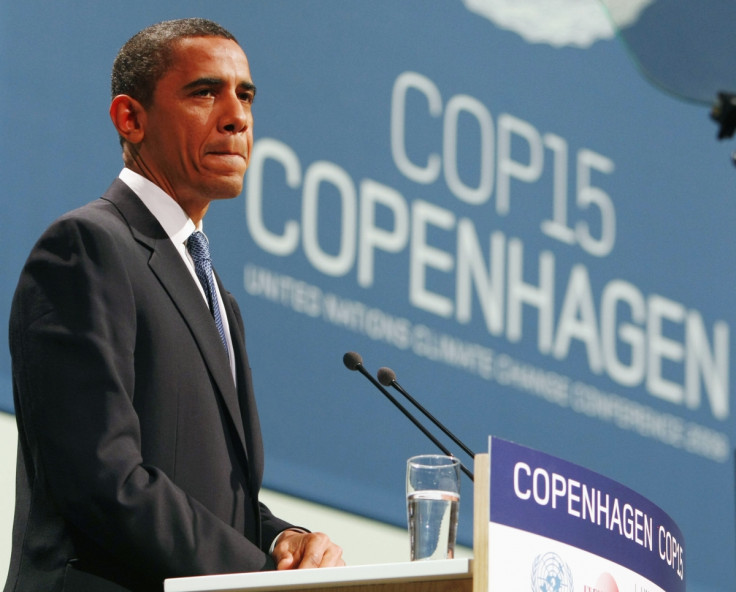
He added: "I think that the atmosphere surrounding COP21 is fundamentally different, more favourable from what we had back at the time of Copenhagen. Climate change denialism had undergone a resurgence... we hadn't made nearly as much progress as we've now made."
In comparison to 2009, there is now a bilateral agreement between China and the US, for example. In 2015, the global economy grew without increasing carbon emissions for the first time in decades, while renewables out-competed fossil fuels for added capacity in electricity generation globally for the first time ever.
"There's a famous saying 'the stone age didn't end for the want of stones'. And I think we can say the same thing about the fossil fuel age"
Mann said: "There are a lot of positive things coming together at just the right time to create a very different environment going into Paris compared to what we had in Copenhagen. It's hard to say exactly what's responsible for that.
"I think part of the difference is that people are seeing the impact of climate change play out. Here in the US, we have unprecedented drought in California, with sea level rise wreaking havoc on east coast of US, storms, and the worst wildfire season on record. You can go on.
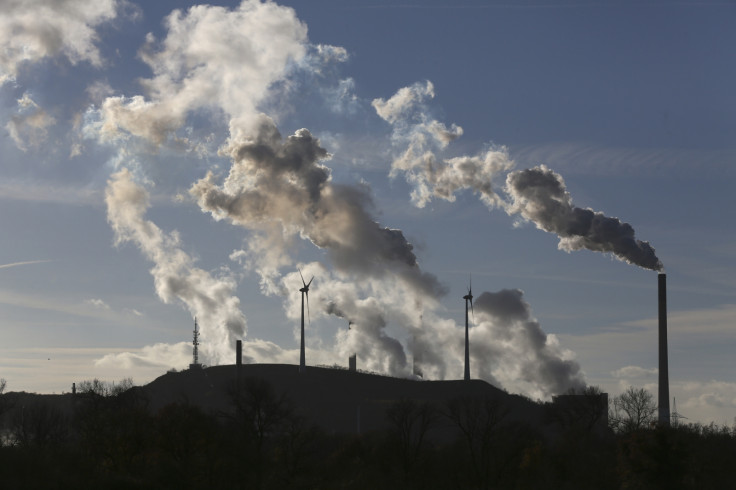
"Climate change denialism has become completely implausible. People can see the impacts of climate change with their own eyes. To that extent - and the polling confirms it - people recognise this is happening globally and that is a problem."
This shift in awareness and understanding of climate change has led policy makers to take emission limitation more seriously, while the energy markets are shifting towards sustainability and renewables.
Earlier in 2015, Divest Invest – a campaign that encourages companies to move away from fossil fuels and invest in a low-carbon economy – announced it had got it 100th signatory. Divest Invest Philanthropy was set up in the wake of the failed climate change talks in Copenhagen and organisers said they aim to have 200 signatories before COP21.
Mann said: "There's a famous saying 'the stone age didn't end for the want of stones'. And I think we can say the same thing about the fossil fuel age. It isn't going to end because we have extracted all the fossil fuels that are available. If we were to do that we would lock in truly catastrophic changes in climate.
"The fossil fuel age is ending because it's antiquated, because it's outdated technology. People realise renewable energy is the way of the future. I think all of those things are coming tougher just as there were a number of negative factors in a perfect storm to create a very unfavourable environment in Copenhagen, just the opposite is happening here."
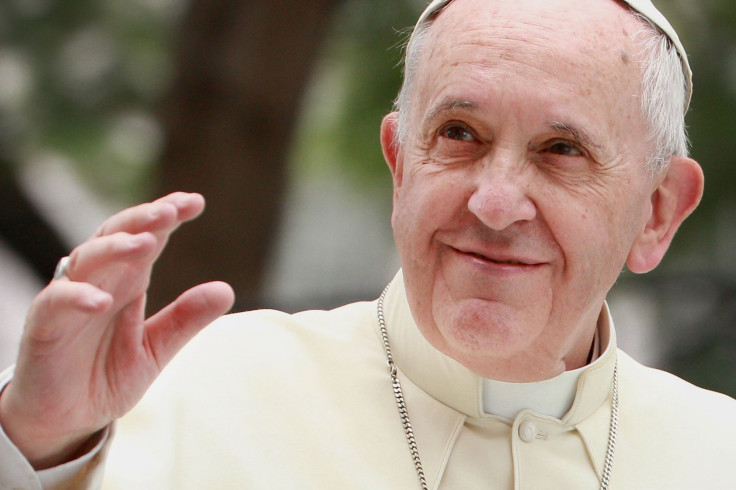
As well as the financial argument for moving away from fossil fuels, there is also a moral obligation. This was brought to light earlier in 2015 by Pope Francis. The Vatican has paid increasing attention to climate change over recent years and this year saw it host a major conference focusing on protection of the environment. It also marked the release of the Pope's encyclical, which urged for immediate action on climate change.
Mann said: "I think that has helped reframe the discussion and debate - it isn't just a matter of science, politics and economics, it's a matter of ethics and what sort of world we want to leave children and grandchildren. It's compelling whether your religious, catholic, spiritual or not. The larger moral argument is compelling and Pope Francis has helped make that argument."
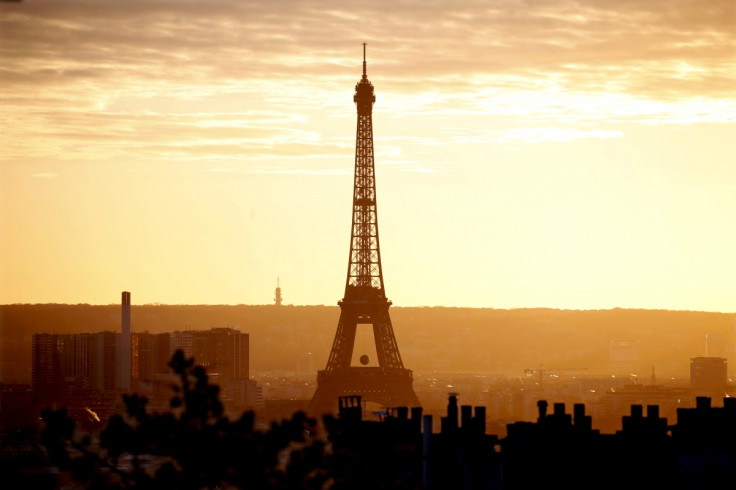
In terms of what Mann thinks will come out of Paris, he said he is "cautiously optimistic" a deal to reduce emissions will be made. While it is unlikely world leaders will come to an agreement that will get the world to the goal of 2C, progress already made going into COP21 (with commitments already made by various countries) means we are around halfway to where we need to be, he said. Further commitments at the meeting will only enhance this.
Mann said: "The cautious just comes from the history. There's so many times we've felt we're close to turning the corner and it didn't quite happen. Our expectations have to be reasonable. We can't go into Paris thinking we're going to solve the problem in one shot right there. I don't think that's going to happen.
"I think we're going to get even closer and that's going to set an opportunity for the next conference to get even closer. And I think we're on the right track, we're starting to turn the corner now and we just need to accelerate that process and I hope that's what Paris accomplishes."
© Copyright IBTimes 2024. All rights reserved.






















